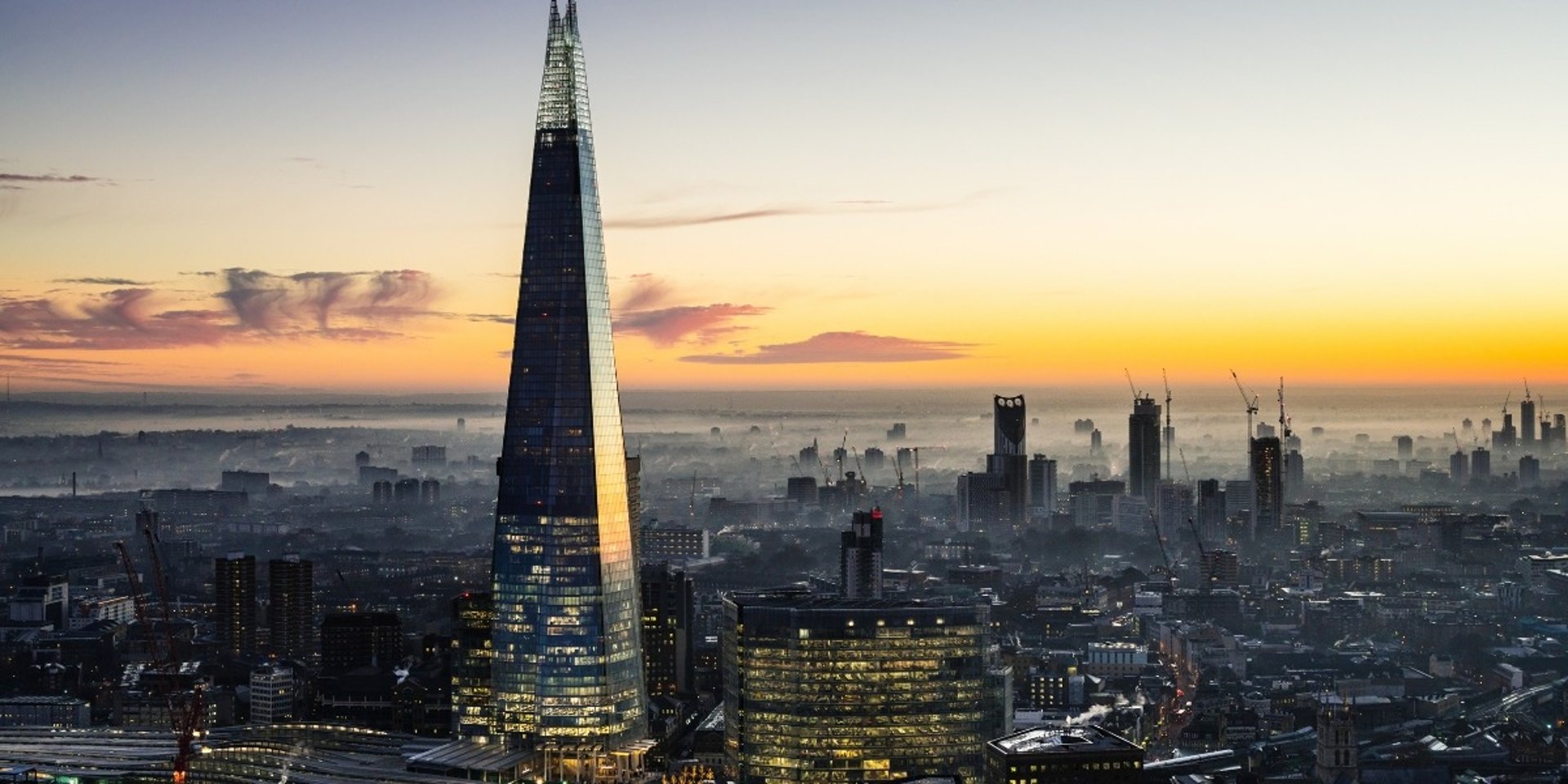
What London Climate Action Week Tells Us About the State of Climate Action in 2025


"If you can’t explain your actions in a way that builds trust, you risk being overlooked - or worse, misunderstood"




"Events like LCAW mostly gather those already committed to climate action. That inward focus risks leaving behind many businesses and communities who most need practical support and clarity"
"In practice, it’s becoming increasingly difficult for organisations… to keep track of what actually matters"
Last week, London Climate Action Week (LCAW) 2025 drew to a close. With more events, more frameworks, and more declarations than ever before, it’s a signal of just how far climate discourse has come. But it also prompts a deeper question: for those actually tasked with delivering on all this ambition, what’s changing - and what’s not?
Here are three reflections from the sidelines, based on the announcements, commentary, and wider themes coming out of the week.
1. Complexity is the new normal - and someone has to translate it.
The sheer volume of climate regulation, disclosure requirements, transition frameworks and market signals being released right now is unprecedented (again!). On paper, this is progress. But in practice, it’s becoming increasingly difficult for organisations - especially those without expansive internal sustainability teams - to keep track of what actually matters.
Some of these developments are essential. Some are overlapping. And some are just confusing.
But that’s the nature of systemic change: it doesn’t arrive in a single PDF with a ribbon on it. My job is to work through the mess, understand what the important signals are, and help clients respond in a way that’s grounded and proportionate. You don’t have the time to work through all of this - and nor should you need to. That’s where I come in.
2. Place and people now sit at the centre of transition planning.
Climate strategy is no longer a set of abstract targets and distant horizons. Increasingly, it's about local realities: jobs, supply chains, resilience, and what change looks like for real people in real places.
It’s no secret that events like LCAW mostly gather those already committed to climate action. That inward focus risks leaving behind many businesses and communities who most need practical support and clarity.
It's as important as ever to be mindful of bringing everyone along for the ride, with the best commentary from LCAW recognising the importance of nuance, as cookie-cutter strategies no longer work. Climate action needs to be adaptive - not just across sectors, but across geographies. What works in one market may be ineffective or even damaging in another. This is an especially important consideration as adaptation's role in resilience building grows. Further, the role of social impacts and the just transition is now rightly unavoidable.
This is where the work gets hard - but also where it becomes most meaningful.
3. Action comes first - but it needs to be understood.
Real progress starts with action. Not pledges or polished messaging - just doing the work. But in today’s landscape, delivery alone isn’t always enough. Stakeholders want to know what’s being done, how it fits together to create impact, and what value it’s adding.
That doesn’t mean prioritising storytelling over substance. But it does mean being clear. If you can’t explain your actions in a way that builds trust, you risk being overlooked - or worse, misunderstood. Communication isn’t the goal. It’s what helps the work land.
So what does all this mean?
It means climate ambition is still alive, despite the headwinds. It means the work is becoming more granular, more local, and more entangled with the wider challenges organisations face. And it means that, more than ever, leaders need help cutting through the noise.
If you’re feeling overwhelmed by the shifting demands of climate action - or unsure how your organisation fits into the bigger picture - you’re not alone. But the good news is: there’s a way through it. And I’d be glad to help.
Another challenge lurking beneath the headlines is the growing risk of a policy-business stalemate - where each waits for the other to move first. That’s a big topic, and one I’ll explore more in a future post.

GET IN TOUCH
Reach out to share your thoughts on this blog post, or to find out more about the services Huntley Sustainability offers.


